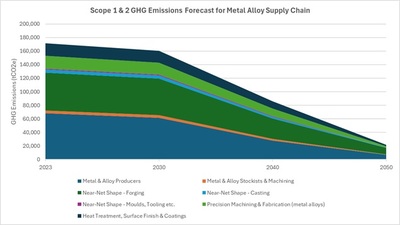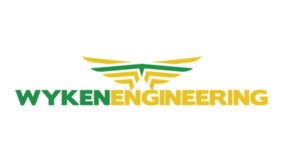DECARBONISING THE MIDLANDS AEROSPACE CLUSTER
The Decarbonising the Midlands Aerospace Cluster project ran from January 2024 until February 2025. Taking a bottom-up approach, the project involved a small sample of manufacturing companies from several tiers of the supply chain working together as a delivery team (IPT Aero, Technoset, G&O Springs, Helix, Arrowsmith (ASG Group) and Collins Aerospace). This pilot group explored practical ways that aerospace could be decarbonised by 2050.
The DMAC project is one of twelve that received funding from the UK Government Department for Energy Security and Net Zero (DESNZ) Local Industrial Decarbonisation Plans programme, as part of a £6 million initiative to encourage industrial clusters to develop decarbonisation plans. DMAC was being supported by Innovate UK.
The aim
- Accelerate the supply chain's maturity in emissions reduction and reporting.
- Prepare the supply chain for customer requirements and regulation changes such as the Carbon Border Adjustment Mechanism (CBAM).
- Outline a decarbonisation strategy for the region including energy requirements, comparing two alternative scenarios to replace natural gas: 1) Electrify wherever possible, and 2) green electric/hydrogen mix.
OUTCOME SUMMARY
To achieve Net Zero by 2050, two phases were proposed to allow time for the energy pricing changes and infrastructure to be planned and implemented.
- Phase 1: Energy Reduction - focuses on supply chain reducing energy consumption per unit production (but includes self-generation and storage where feasible etc.)
- Phase 2: Energy Conversion - industry transfers natural gas processes to electrification (&/or if readily accessible, hydrogen) dependent upon globally competitive price & availability.
A link to the full report can be found below.

Final report - click here
![]()






